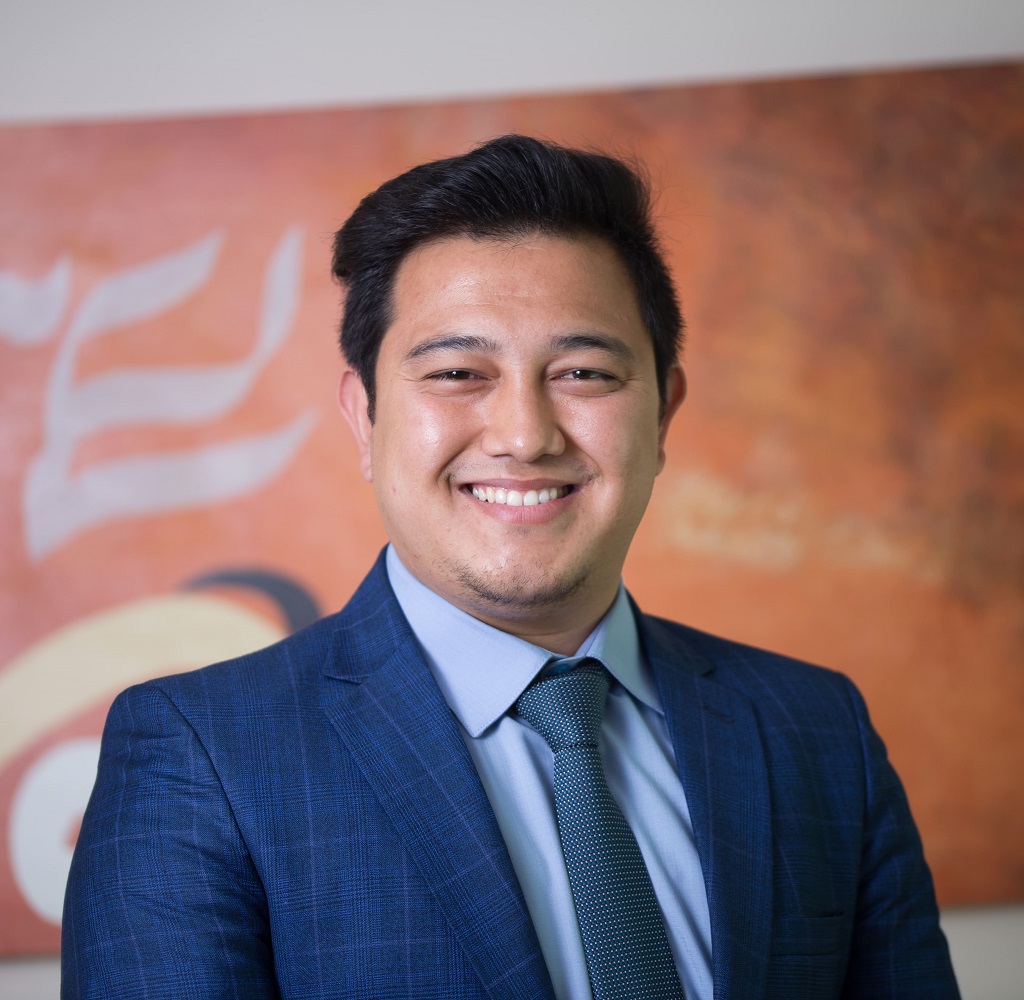
Alireza Hussani received his MA in intercultural conflict management from Alice Salomon Applied Science University of Berlin (From 2019 to 2021). He holds two bachelor’s degrees, one in law and political science from Kabul University (2013 to 2016) and the other in political science and public administration from the American University of Afghanistan (2014 to 2018).
In 2016, he interned with the policy and research department of the Asia Foundation, Afghanistan office. From February 2017 until October 2018, he worked as an ‘assistant to UN experts’ with the administrative office of Afghanistan’s president. Hussani has also worked with the Afghan Girls Financial Assistance Fund (AGFAF) as its deputy country director in Afghanistan. AGFAF is a US-based NGO that supports Afghan girls to pursue undergraduate studies abroad. Throughout his professional career, Hussani has been consistently involved in conducting research.
Topic: Navigating the Digital Terrain: The Use of Social Media by the Afghanistan Diaspora
Navigating the digital terrain: the use of digital media by the Afghan diaspora investigates the transformative role of online platforms in sustaining and amplifying diaspora voices. The first focus area examines how diaspora communities leverage social media to advocate for social, political, and human rights issues affecting Afghanistan. It analyzes the strategies used by activists to craft compelling narratives, harness global networks, and influence policy debates. The second area explores the use of digital tools in humanitarian crises, tracing how individuals and informal groups mobilize resources, launch donation campaigns, and coordinate relief efforts through channels such as Facebook fundraisers, Twitter appeals, and Instagram story campaigns. This strand of research assesses the communication techniques, hashtag strategies, and community engagement practices that drive successful fundraising, while also identifying common challenges, opportunities, and the overall impact of digital mobilization during emergencies. By combining qualitative interviews, discourse analysis, and quantitative engagement metrics, the study provides nuanced insights into the efficacy of digital responses to humanitarian need.
The third area of inquiry investigates how second- and third-generation diaspora members use social media to shape their Afghan, ethnic, and Islamic identities, exploring whether online interactions reinforce traditional cultural frameworks or give rise to hybrid expressions of belonging. This strand also includes a critical case study of recent violent incidents involving Afghan youth in Germany, assessing the potential influence of short-form video platforms like TikTok on behavioral outcomes and social dynamics. The fourth area focuses on the organizational dimension, analyzing how formal Afghan diaspora institutions design and execute social media campaigns to communicate their missions, mobilize support, and raise awareness of diaspora-related issues. Through sentiment analysis, metrics tracking, and narrative mapping, this research evaluates the effectiveness of different online storytelling techniques, hashtag strategies, and multimedia outreach efforts. Collectively, these four interrelated areas aim to offer a comprehensive, big-picture understanding of how digital media shapes identity, advocacy, and transnational engagement within Afghan diaspora communities.